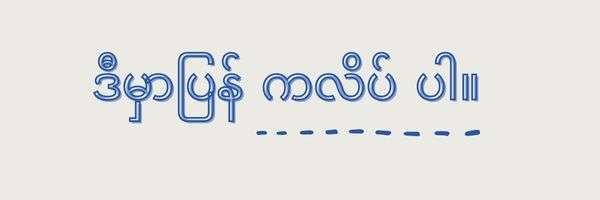
I’ve been a professional developer for 20+ years. I want to shift my time and energy into various side projects, but the pragmatic skills that I use every day at work don’t translate easily into skills needed when wearing these other hats. As a developer, you are working towards an end result, but the founder mindset seems to revolve more around weighing options. How can I shift my mindset to think like a founder?
Diary dive
Reuben Rapose spent six months developing his first product, and learned some very hard lessons:
As a developer, I tend to plan everything in detail and spend a lot of time researching. I’ve made it a point to now limit my research early on by spending no more than one day on it. At the end of the day, I open a diary and describe the problem that my product is aiming to solve. The main questions I try to answer here are:
- Who is the product for?
- How big is the audience?
- How much will they be willing to pay?
- Is the problem urgent or important?
I’ve found it useful to force myself to fill up an entire page with these answers, as the process leads to new perspectives on the problem statement at hand (ones that you might have overlooked initially).
On the next page, I write down my understanding of the distribution channels. Which one is most important? Which will be my primary focus? The important questions that I want to answer here are:
- Where can I find my customers?
- How can I actually reach my customers?
Narrow down your audience in order to target them easily.
Finally, I write about how my solution is going to solve the problem described on page one. Usually, this takes the other half of the page. Try to keep this part as concise as possible, thinking of it as a marketing pitch. Remember, you are not bound by your solution; what’s most important is understanding the problem statement and figuring out distribution channels. Never limit your solution, and keep it flexible.
The most important point of this method is to avoid overthinking at all costs. Spend enough time to understand the problem statement deeply, but don’t overthink it. I’ve realized that, as I build out these products, I tend to improvise and make the solution marginally better every day. This compounds over weeks and months, so the key is spending less time thinking of solutions, and more time understanding the problem.
Always think small. This will help you limit yourself and reach your launch date more quickly. Launching more quickly results in speedier feedback loops, which greatly increase chances of success.
Know before you go
Weaves87 points out a few key reminders:
- Know exactly where you’re going to be getting your target customers before you write a single line of code.
- Evaluate the competition, and differentiate. Understand that differentiation doesn’t just have to be a better feature set. There are marketing and branding ideas that you can tap into to set your product apart.
- Understand the value of time, specifically your own. For example, don’t spend a bunch of time working on optimizing devops stuff when it could be much better spent validating your idea and getting user feedback. It’s a daily struggle, but you’ll need to prioritize and focus on activities with the best ROI.
- Start small. Literally just create the minimum viable product (MVP).
I really can’t reiterate enough that you should remain aware of what you’re spending your time on. It is very easy for us devs to get wrapped up in little details that are inherently meaningless. You should always be thinking from a user’s perspective. Is this decision going to bring my users more value more quickly? If not, sideline it until the product is more mature and growing naturally.
Begin with the end in mind
Tom McLellan agrees that shifting gears to think more like a founder and online marketer can be tough:
I found Richard Koch’s The Star Principle and The 80/20 Principle to be great eye-openers, along with Perry Marshall’s 80/20 Sales and Marketing, Dan Sullivan’s e-books, and The Lean Startup.
There’s a great debate on starting something totally new versus finding an established product category where people are already spending money, and differentiating within that category. The “scratch your own itch” argument is also compelling because you can presumably spend more time building, while deferring some market research.
Another smart approach is to begin with the end in mind. Create a landing page, advertise it on Google, and get an idea of your search terms and cost per lead (i.e. “join the waiting list” signups) before writing a single line of code. Maybe even split test two project ideas that way, and choose the winner before writing any code. You can build an MVP with more confidence if you already have a funnel started, and you might even get feedback from some early waiting list signups.
I transitioned from enterprise systems integration and consulting into a bootstrapped full-time SaaS that covers my costs. It took a lot of trial and error, but it’s been really satisfying!
What are your tips on shifting to the founder mindset? Share below!

ကြော်ညာ တွေဆိုတာ အောက် ပြတဲ့ ဟာတွေဖြစ်တယ်။ ကလစ်ပြီး သူတို့ website မှာ အနဲဆုံး ၁ minute လောက်နေပေးပါ
ကြော်ညာ 2
++++++++++++++
